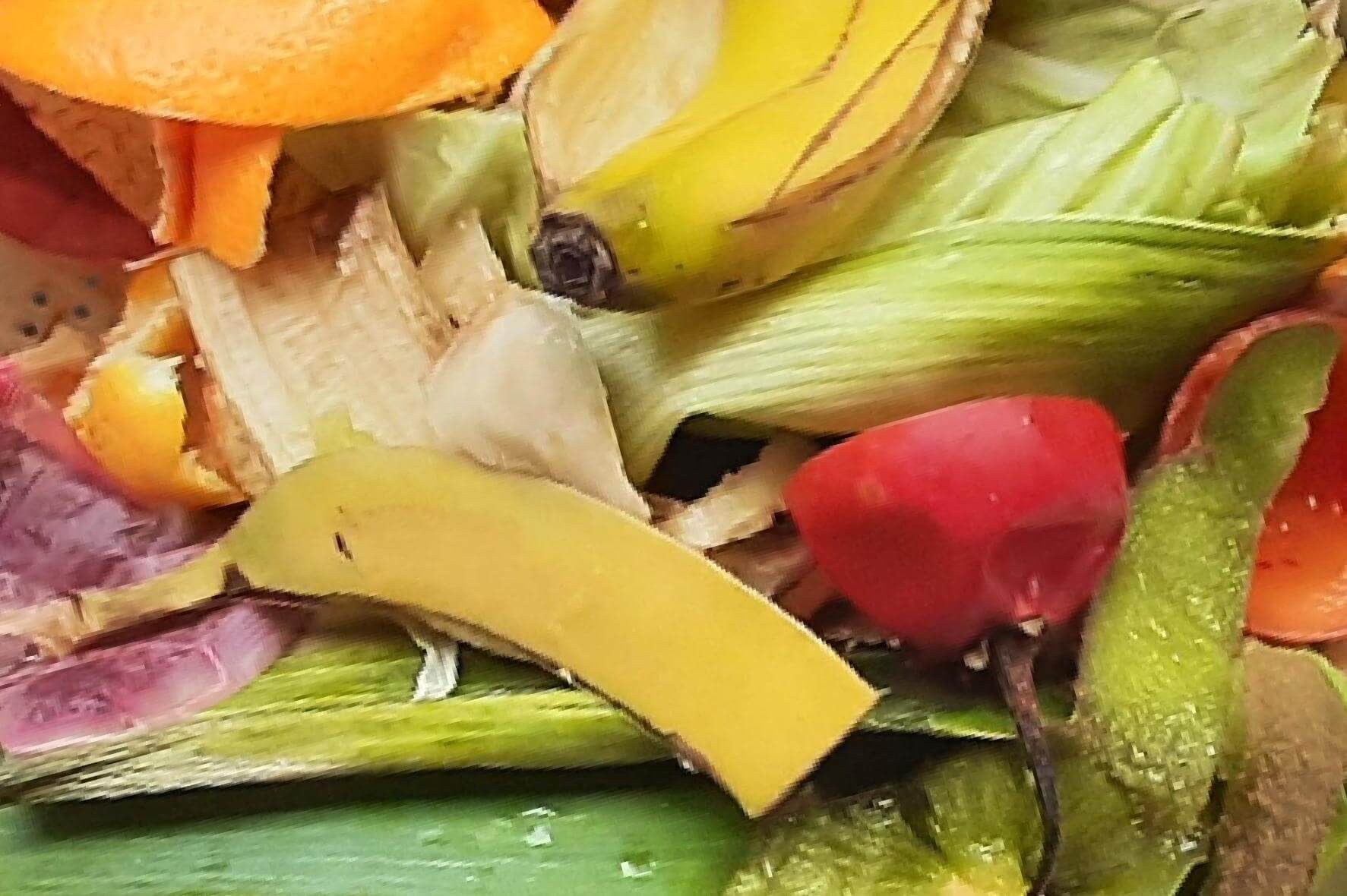
Do you find yourself tossing food waste that could be turned into valuable compost for your garden? Organic Food Waste Disposal with Earthmaker offers a smarter way to manage organic waste.
Designed for eco-conscious Kiwis, our innovative system effortlessly transforms kitchen and garden waste into nutrient-rich compost. Reduce landfill impact and boost your garden’s health with a solution that makes sustainable living simple.
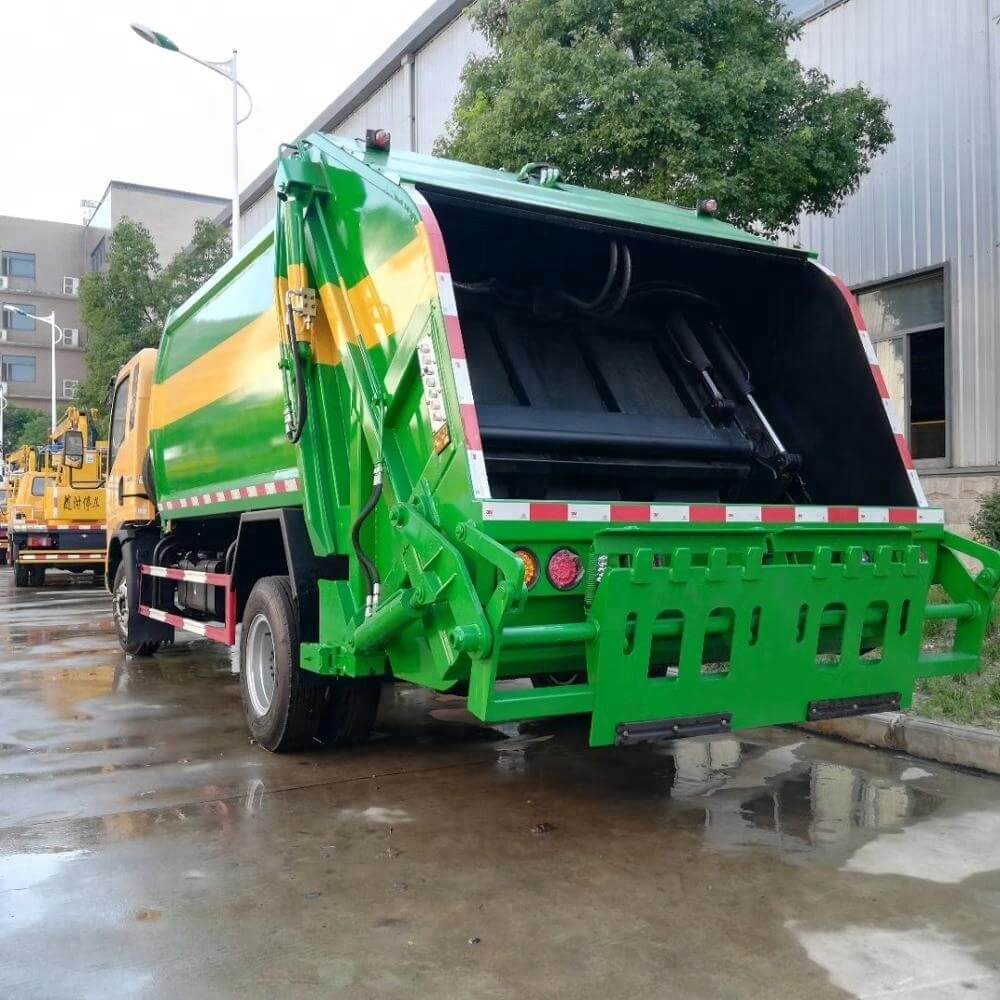
Benefits of Recycling Organic Waste at Home
Every year, New Zealand households contribute to the growing problem of food waste in landfills. This waste produces harmful greenhouse gases, particularly methane, which is 23x stronger than carbon monoxide and accelerates global warming.
Recycling organic food waste offers a sustainable solution with numerous benefits for both your household and the environment. By implementing an organic waste disposal system like Earthmaker, you can make a significant difference by:
- Reducing Landfill Expansion: Diverting food scraps and garden waste to compost systems helps decrease methane emissions, tackling climate change head-on.
- Improving Soil Fertility: Compost enhances soil structure, water retention, and microbial health, leading to healthier plants.
- Promoting a Circular Economy: Waste becomes a valuable resource, creating a sustainable cycle.
- Save Money: Reduce waste collection costs and avoid purchasing commercial compost.
Make a Positive Impact!
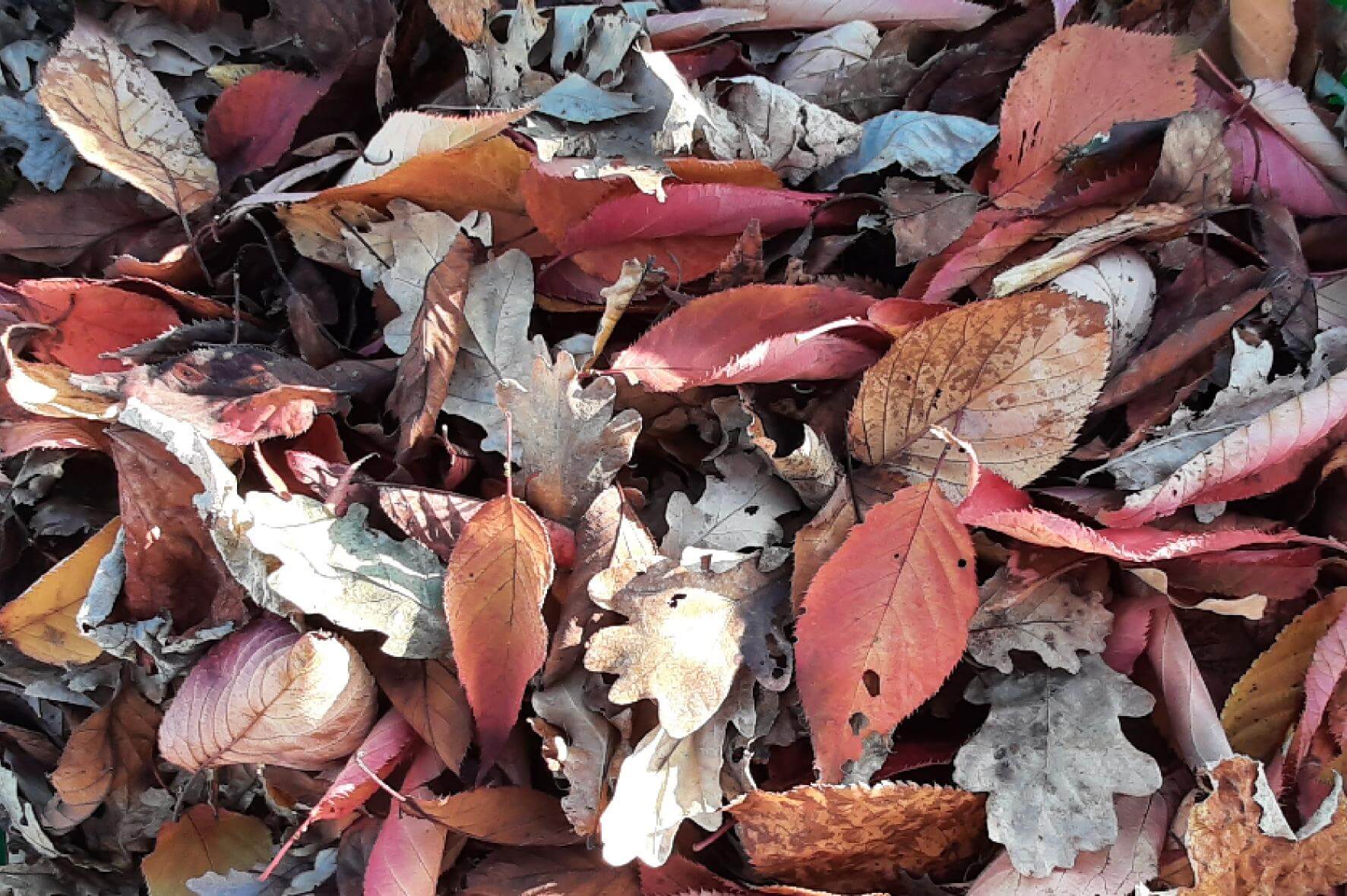
Why Organic Waste Disposal System Matters
Every Kiwi can play a part in reducing landfill waste by adopting sustainable practices like vertical or aerobic composting. Recycling organic food waste minimises environmental harm and fosters a cleaner, greener New Zealand.
With Earthmaker, you can:
- Reduce your household’s carbon footprint.
- Turn waste into a valuable resource.
Inspire family and friends to embrace sustainable living.
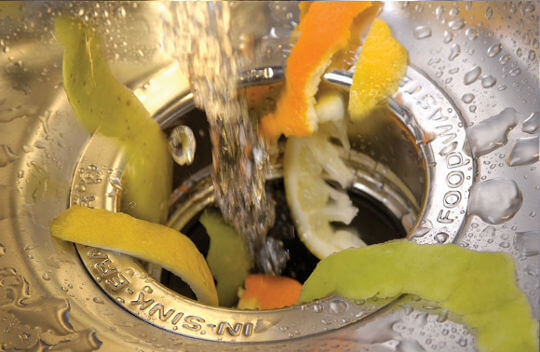
How Earthmaker’s Organic Waste Treatment Works
Earthmaker’s unique three-stage composting system streamlines the process of organic waste treatment into three simple steps, ensuring no effort or waste goes to waste. Here’s how it works:
- Add: Place kitchen scraps and garden waste into the top section.
- Compost: Gravity-assisted use of the Push-Pull-Tool moves the material through different chambers, as it breaks it down into nutrient-rich compost.
- Collect: Access ready-to-use compost from the bottom chamber—perfect for enriching your garden.
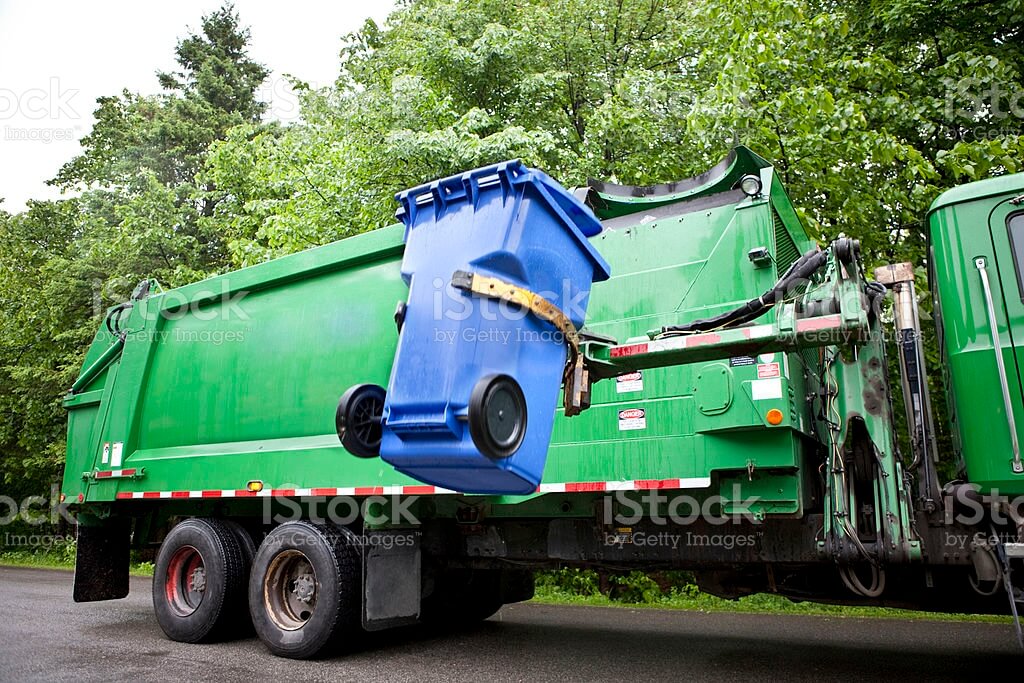
A Heritage of Innovation: The Story Behind Earthmaker
Invented by Ray Cooper, the goal behind Earthmaker was simply to create an easy to use composting solution. As a keen gardener in Lower Hutt, Ray dreamed of a system that would be compact, efficient, and user-friendly. Over time, its unique eco-friendly credentials became obvious and his invention evolved into today’s Earthmaker—an international leader in organic waste management.
Earthmaker Aerobic Composters are enabling households to embrace sustainable living without compromising convenience or results.
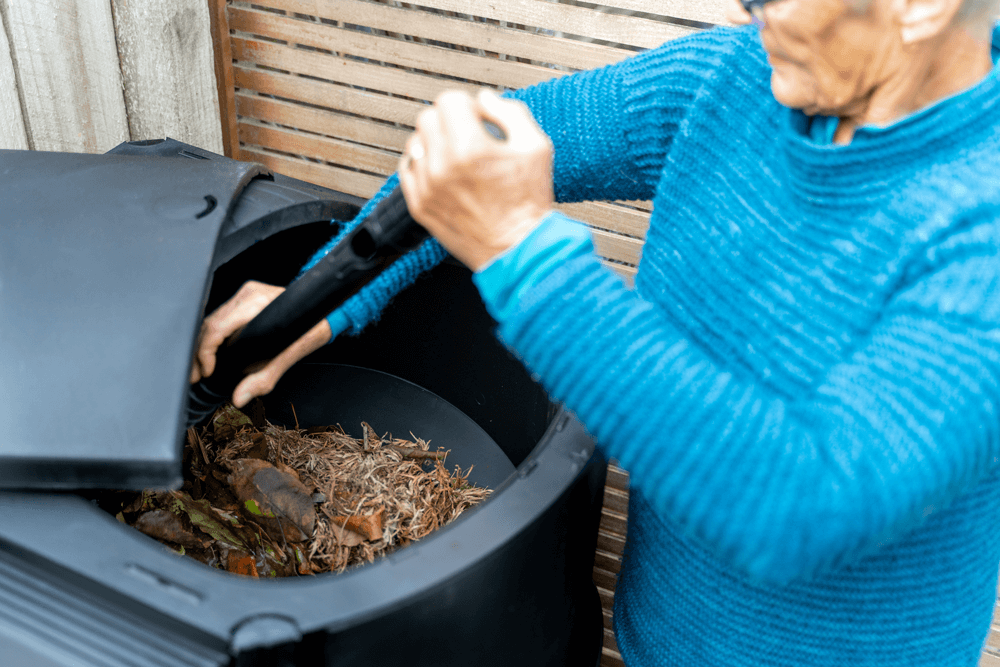
Ready to Start Recycling Your Organic Waste?
It’s time to transform your food scraps into gold for your garden. Earthmaker’s organic waste processing system makes composting effortless, sustainable, and rewarding by teaching how to make compost at home. Take control of your waste and join thousands of Kiwis positively impacting the environment.
FAQs
You can process fruit and vegetable scraps, coffee grounds, eggshells, tea bags, bread, rice, and garden waste like grass clippings, leaves and twigs. Avoid adding meat, dairy, oils, and processed foods, as they can slow down the decomposition process and attract pests.
The process typically takes 6–12 weeks, depending on the type of waste, local climate, and other conditions like moisture and aeration. Regularly adding a mix of “greens” (wet waste) and “browns” (dry waste) can optimise composting speed. The aerobic system is faster than single bin composting and the continuous cycle keeps the flow going.
Our system is designed to be low-maintenance and users report it is ‘very forgiving’. You may need to ensure a balanced mix of green and brown materials, maintain appropriate moisture levels, and occasionally aerate the compost for optimal results.
Yes, our compact design is ideal for households of all sizes, including urban dwellers with limited outdoor space. The vertical layout optimises space while efficiently processing organic waste.
When used correctly, the aerobic system is odour-free. To avoid unpleasant smells, ensure a proper balance of green (nitrogen-rich) and brown (carbon-rich) materials, and avoid overloading the system with wet waste.
Yes, the compost collected in the bottom chamber is nutrient-rich and can be applied directly to your garden, potted plants, or lawn to improve soil health and fertility.
The system is designed to handle the average organic waste output of a household. For larger households or communities, multiple units can be used to meet higher waste disposal needs.
Yes, you can add small amounts of garden waste like leaves, grass clippings, and twigs. However, avoid adding large, woody materials as they take longer to break down and may impede the composting process.
If decomposition slows, check for a proper balance of green and brown materials. Add dry materials like shredded newspaper or leaves if the pile is too wet, or add green materials if it’s too dry. Ensure the system is well-aerated to optimise microbial activity.
